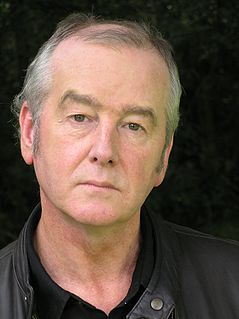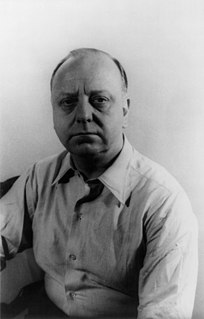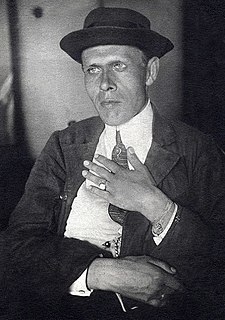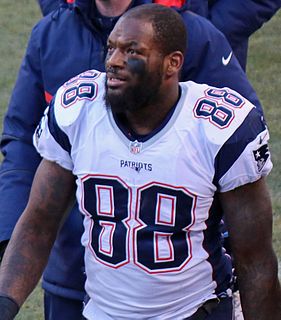A Quote by Molly Ivins
I have long argued that no one should be allowed to write opinion without spending years as a reporter - nothing like interviewing all four eyewitnesses to an automobile accident and then trying to write an accurate account of what happened.
Related Quotes
Then what shall I write? I can't just write that this happened then this happened then this happened to boring infinitum. I'll let my journal grow just like the mind does, just like a tree or beast does, just like life does. Why should a book tell a tale in a dull straight line? Words should wander and meander. They should fly like owls and flicker like bats and slip like cats. They should murmur and scream and dance and sing.
I wrote Her First American and I always say it took me eighteen years. It took me that long was because after about five years I stopped and wrote Lucinella. I got stuck; it was too hard to write. Lucinella felt like a lark. I wanted to write about the literary circle because it amused me, and I allowed myself to do what I wanted to do. It's just one of the things I'm allowed to do if I feel like it.
You didn't plan to write a story; it just happened. Well, it could be argued that the next thing you should do is find a hole to dig. Right? So you start digging a hole and then somebody brings a body along and puts it in. That's what a story must feel like to me. It's not that you say, "I want to write a story about a gravedigger." But you're walking along and "I don't know what I'm doing here in this story,' and - boop! a shovel. "Oh, interesting. Ok, what does one do with a shovel? Digs a hole. Why? I don't know yet. Dig the hole! Oh, look a body."
A lot of the people involved in the media are very serious, honest people, and they will tell you, and I think they are right, that they are not being forced to write anything... What they don't tell you, and are maybe unaware of, is that they are allowed to write freely because their beliefs conform to the... standard doctrinal system, and then, yes, they are allowed to write freely and are not coerced.
I write for myself, and perhaps for half a dozen friends. And that should be enough. And that might improve the quality of my writing. But if I were writing for thousands of people, then I would write what might please them. And as I know nothing about them, and maybe I'd have a rather low opinion of them, I don't think that would do any good to my work.

































